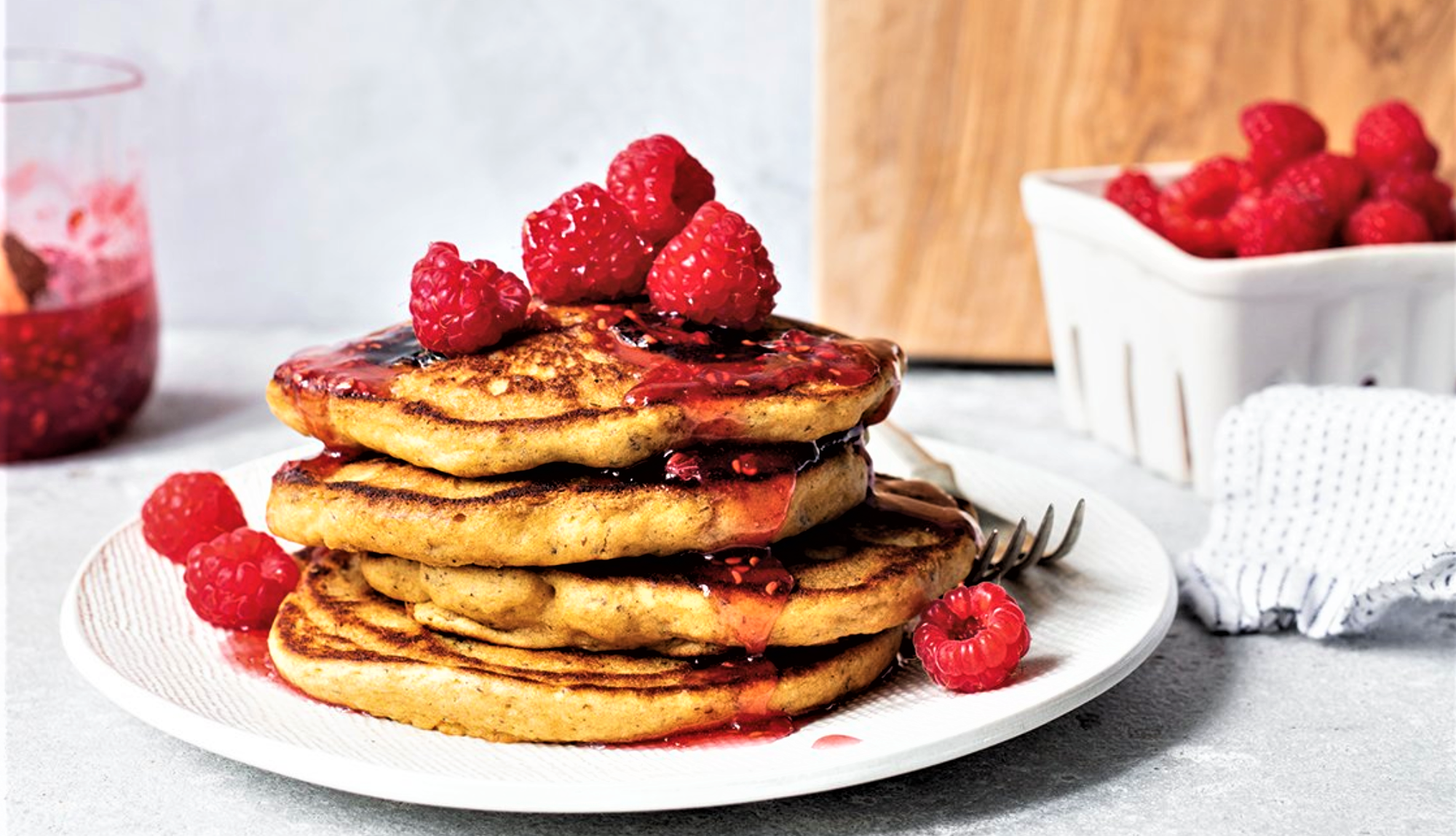While discussing the launch of The Jane Goodall Institute’s first ever cookbook which supports plant-based eating, the legendary primatologist, environmentalist and animal activist Dr. Jane Goodall, didn’t mince words. “Vegan food used to be tasteless and awful,” she told the American Association of Retired Persons (AARP) but today “really good vegan cooking is some of the best I've ever tasted”. Titled: Eat Meatless: Good for Animals, the Earth and All, the book offers more than 75 sustainable, plant-based, planet-friendly recipes that are both healthy and inspiring.
A vegetarian for decades and now vegan, Goodall — who wrote the cookbook's foreword and offers nuggets of wisdom throughout — said, “It's becoming more and more clear that the obsession with eating meat and dairy products and eggs is totally destroying the environment. It's creating methane, it's wasting water, and it's bad for our health."
“And I thought ‘I don’t want anything to do with that’.”
— Jane Goodall
Goodall grew up in the U.K. eating meat. But while reading Peter Singer's book Animal Liberation on an airplane, she had an epiphany. “I looked at this meal they served me — it was a bit of chicken — and I realized that it represented fear, pain and death. And I thought, ‘I don't want anything to do with that.’ And that was the end of my eating any kind of meat."
While her initial reasons for eschewing meat were “ethical and purely about animals,” they are now also about the environment and human health. Along with cardiovascular benefits, Goodall points to growing research that links meat to human antibiotic resistance — and ultimately, she says, to superbugs.
The need to transform food systems away from the damage being done by industrialized animal agriculture toward greater sustainability and plant-based products has become an imperative.
As The Jane Goodall Institute says on its website, “ … we face some of the greatest challenges of our time including the climate crisis, unparalleled habitat loss, millions of animals suffering in factory farms, and the spread of zoonotic disease. This is an urgent issue, as scientists forecast that pandemics like COVID-19 created by a zoonotic spillover event will be one of many if we do not fundamentally change our current systems including animal agriculture. As a solution, this book provides a proactive and approachable way for individuals to understand their role in embracing plant-based lifestyles through inviting and exciting recipes and reflections.”
Source: Simon & Schuster
Aimed at those who are looking to incorporate healthier dietary practices, as well as those interested in environmental sustainability and animal welfare, the book’s collection of recipes shows the how and why of plant-based eating. It gives people the tools they need to take charge of their diet and play a role in improving human and environmental health and the well-being of animals.
Goodall stresses it's never too late to tweak your diet. She offers a simple suggestion for meat eaters: start by going meatless one day a week. And the book shows that choosing to go plant-based doesn’t have to be a complete upheaval.
If you’re interested in plant-based diets and/or are passionate about taking action on behalf of the planet and animals, this book is a great place to start. It offers information and inspiration to make mealtime choices that will make a positive difference for all.


